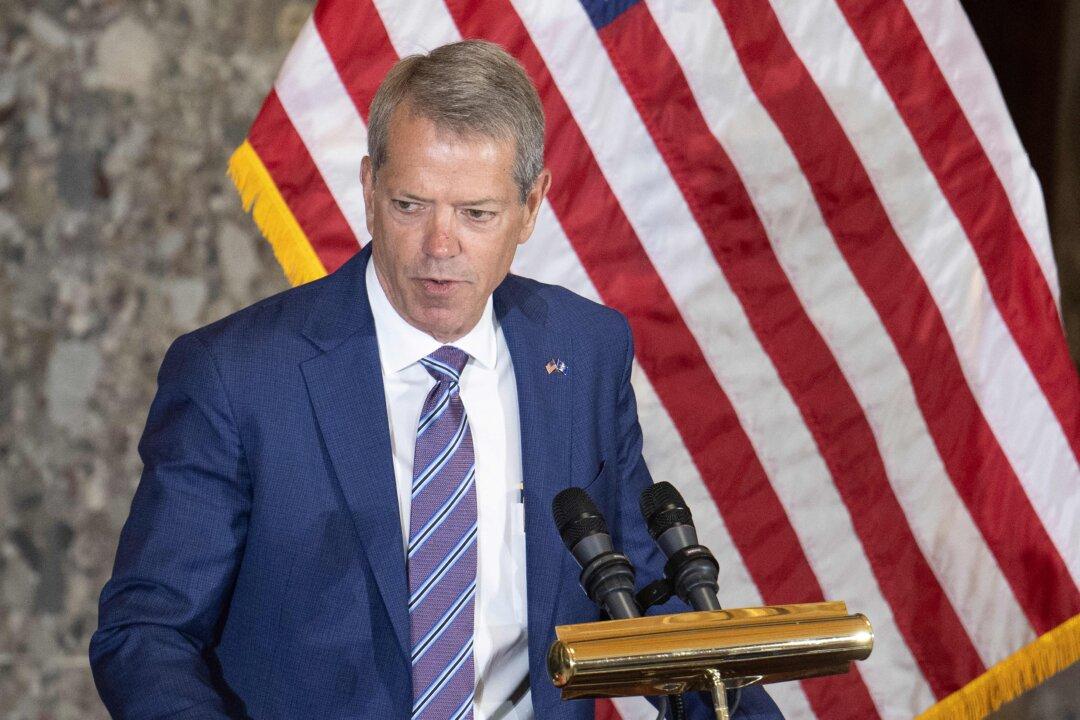Nebraska will give new moms who can’t afford private health insurance a full year of Medicaid coverage under an order issued this week by Gov. Jim Pillen.
Mr. Pillen, a Republican, signed the law enabling the expansion in June, touting it as a show of the state’s commitment to the health and well-being of women and children during a critical period in their lives.





